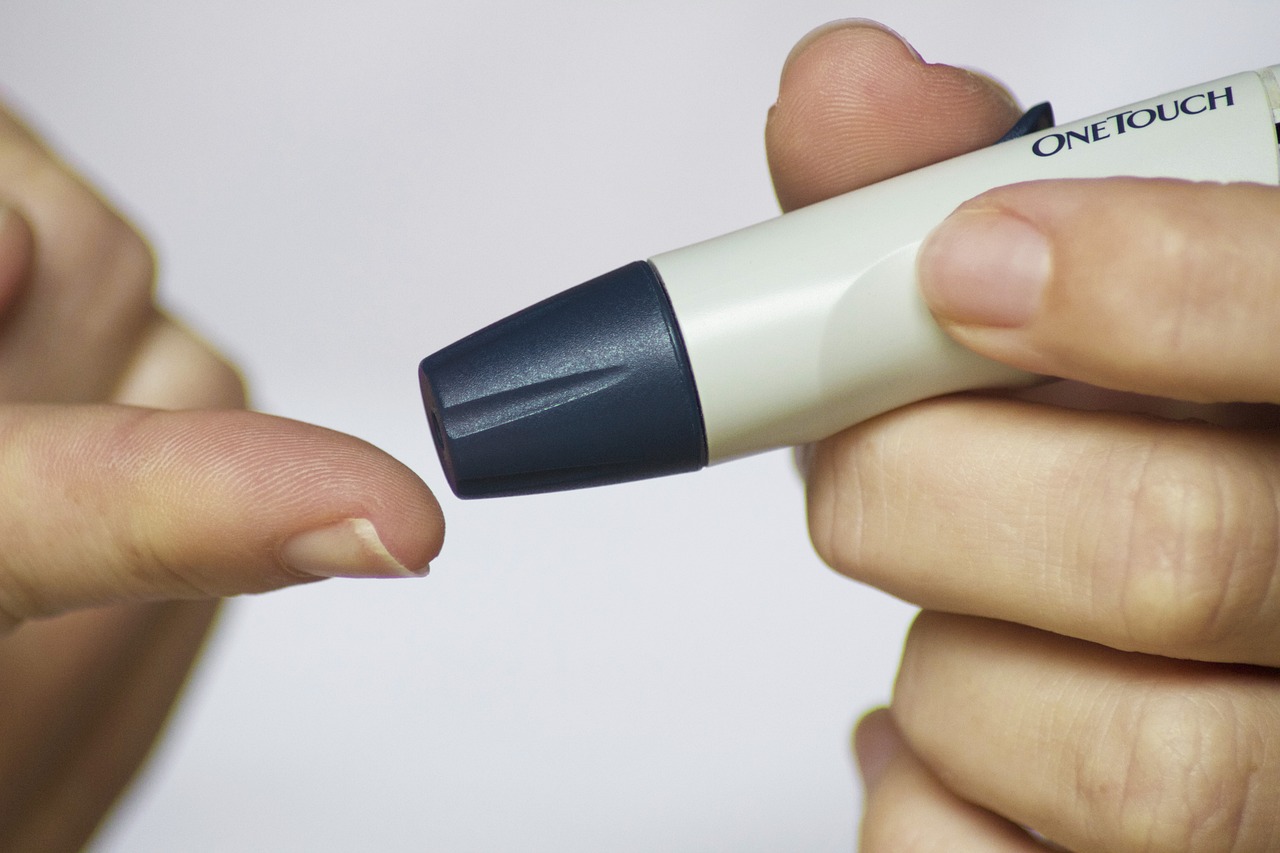How to Managing Diabetes 2024
Managing diabetes can feel like navigating a complex maze, but with the right knowledge and tools, you can maintain your health and enjoy a fulfilling life. Whether you are newly diagnosed or have been managing diabetes for years, this guide will provide practical tips and insights to help you on your journey. Managing Diabetes
Understanding Diabetes
What is Diabetes?
Diabetes is a chronic condition that affects how your body turns food into energy. When you eat, your body breaks down most of the food into sugar (glucose), which is then released into your bloodstream. The pancreas produces insulin, a hormone that helps sugar enter your cells. In people with diabetes, this process is disrupted, leading to high blood sugar levels.
Types of Diabetes
- Type 1 Diabetes: An autoimmune condition where the body doesn’t produce insulin. This type often develops in children and young adults.
- Type 2 Diabetes: The most common form, where the body either resists the effects of insulin or doesn’t produce enough. This is often linked to lifestyle factors.
- Gestational Diabetes: A temporary condition that occurs during pregnancy, affecting how cells use sugar.
Practical Tips for Managing Diabetes
1. Monitor Your Blood Sugar Levels
Keeping track of your blood sugar is crucial. Regular monitoring helps you understand how your body responds to various foods, activities, and medications. Aim for a target range as advised by your healthcare provider. Managing Diabetes
2. Eat a Balanced Diet
A balanced diet is your best friend when managing diabetes. Focus on:
- Whole Grains: Brown rice, quinoa, and whole-grain bread can help maintain stable blood sugar levels.
- Fruits and Vegetables: Aim for a colorful plate to get a variety of nutrients.
- Lean Proteins: Choose chicken, turkey, fish, tofu, and legumes.
- Healthy Fats: Incorporate nuts, seeds, avocados, and olive oil.
3. Control Portion Sizes
Portion control is vital in managing diabetes. Use smaller plates, measure serving sizes, and be mindful of high-calorie foods.
4. Stay Active
Regular physical activity can help manage your blood sugar levels. Aim for at least 150 minutes of moderate aerobic activity each week, such as brisk walking, swimming, or cycling.
5. Stay Hydrated
Drink plenty of water throughout the day. Proper hydration helps your kidneys flush out excess sugar through urine. Managing Diabetes
6. Manage Stress
High stress can affect blood sugar levels. Incorporate stress-reducing activities such as:
- Meditation: Spend a few minutes each day focusing on your breath.
- Yoga: Engaging in gentle yoga can help calm your mind and body.
- Hobbies: Pursuing interests can provide a healthy distraction from stressors.
7. Get Enough Sleep
Lack of sleep can negatively impact blood sugar control. Aim for 7-9 hours of quality sleep each night. Develop a bedtime routine to help you wind down.
8. Take Medications as Prescribed
If you’re on medication for diabetes, take it exactly as your doctor prescribes. Don’t hesitate to reach out if you have questions or concerns about your medications.
9. Stay Informed
Knowledge is power! Stay up to date on the latest diabetes research and management strategies. Consider joining support groups or online forums to connect with others facing similar challenges.
10. Work with Your Healthcare Team
Regular check-ups with your healthcare team are essential. They can provide personalized advice and adjustments to your treatment plan based on your progress.
The Importance of Regular Check-ups
Regular appointments with your doctor and diabetes educator help monitor your condition and adjust your management plan. Discuss any changes in your symptoms, lifestyle, or blood sugar readings during these visits.
11. Consider Continuous Glucose Monitoring
For some individuals, a continuous glucose monitor (CGM) can provide real-time insights into blood sugar levels. This technology can be a game-changer for managing diabetes effectively.
12. Learn to Read Food Labels
Understanding nutrition labels helps you make informed choices. Look for the following:
- Total Carbohydrates: Essential for managing your blood sugar.
- Fiber: A higher fiber content is beneficial.
- Sugars: Watch out for added sugars.
Support and Resources
13. Build a Support Network
Surround yourself with supportive friends and family. Share your goals with them, and don’t hesitate to ask for help when needed. Online communities and local support groups can also provide encouragement.
14. Educate Your Family and Friends
Educating your loved ones about diabetes can foster understanding and support. Help them learn how they can assist you in managing your condition.
15. Celebrate Your Progress
Managing diabetes is a journey filled with ups and downs. Celebrate your achievements, no matter how small. Whether it’s hitting a blood sugar target or sticking to your meal plan, recognizing your efforts can boost motivation.
Conclusion
Living with diabetes may present challenges, but with the right strategies and support, you can lead a healthy and fulfilling life. Remember to focus on your health, educate yourself, and reach out for help when needed. The journey may not always be easy, but each step you take towards better management is a step towards a healthier future.
Can I eat sugar if I have diabetes?
Yes, but moderation is key. Focus on balanced meals and consult your healthcare provider for guidance on including sweets in your diet.
How often should I check my blood sugar?
This varies based on your treatment plan. Some people may check multiple times a day, while others may do it less frequently. Follow your doctor’s recommendations.
Is exercise really necessary for managing diabetes?
Absolutely! Regular physical activity helps improve insulin sensitivity and control blood sugar levels.
What are some healthy snack options for diabetics?
Consider snacks like nuts, Greek yogurt, carrot sticks with hummus, or apple slices with peanut butter.
How can I manage diabetes during social events?
Plan ahead by checking the menu, bringing a healthy dish, and being mindful of portion sizes. It’s okay to indulge occasionally—just be aware of your choices.




Post Comment